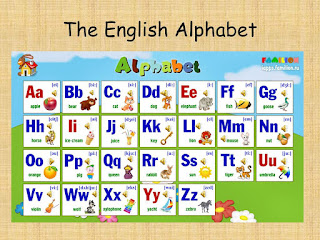e.g.
 |
| There are alternatives to the use of FOR EXAMPLE, e.g., e.g. |
As you can see in the picture, e.g. is an alternative to the common expression FOR EXAMPLE, but to use it correctly you must first say something that requires an example, next use a comma, insert e.g., add another comma, and finally the words that serve as an example. Here is how you do it:
David has visited many countries and learned several languages in the places he has visited, e.g., he can speak Mandarin and a little Cantonese because he traveled to China and stayed there for two years.
The term e.g. is not English but Latin and means exempli gratia. Since Latin seems so hard for some people to remember some teachers, or parents, teach e.g. as example given. If it works for you then it is all right.
BTW, other expressions that can replace FOR EXAMPLE are FOR INSTANCE and also SUCH AS.



Comments
“… legislators have made it illegal to advertise temporary accommodation for less than 30 days if you live in a “multi unit”, i.e, an apartment building.”
It is very interesting to learn something new. I will be more interested in investigating more abbreviation in English.
It's great to know good things, thank you so much!
I didn't know that we can put e.g. instead of "for example". Thanks for the data.